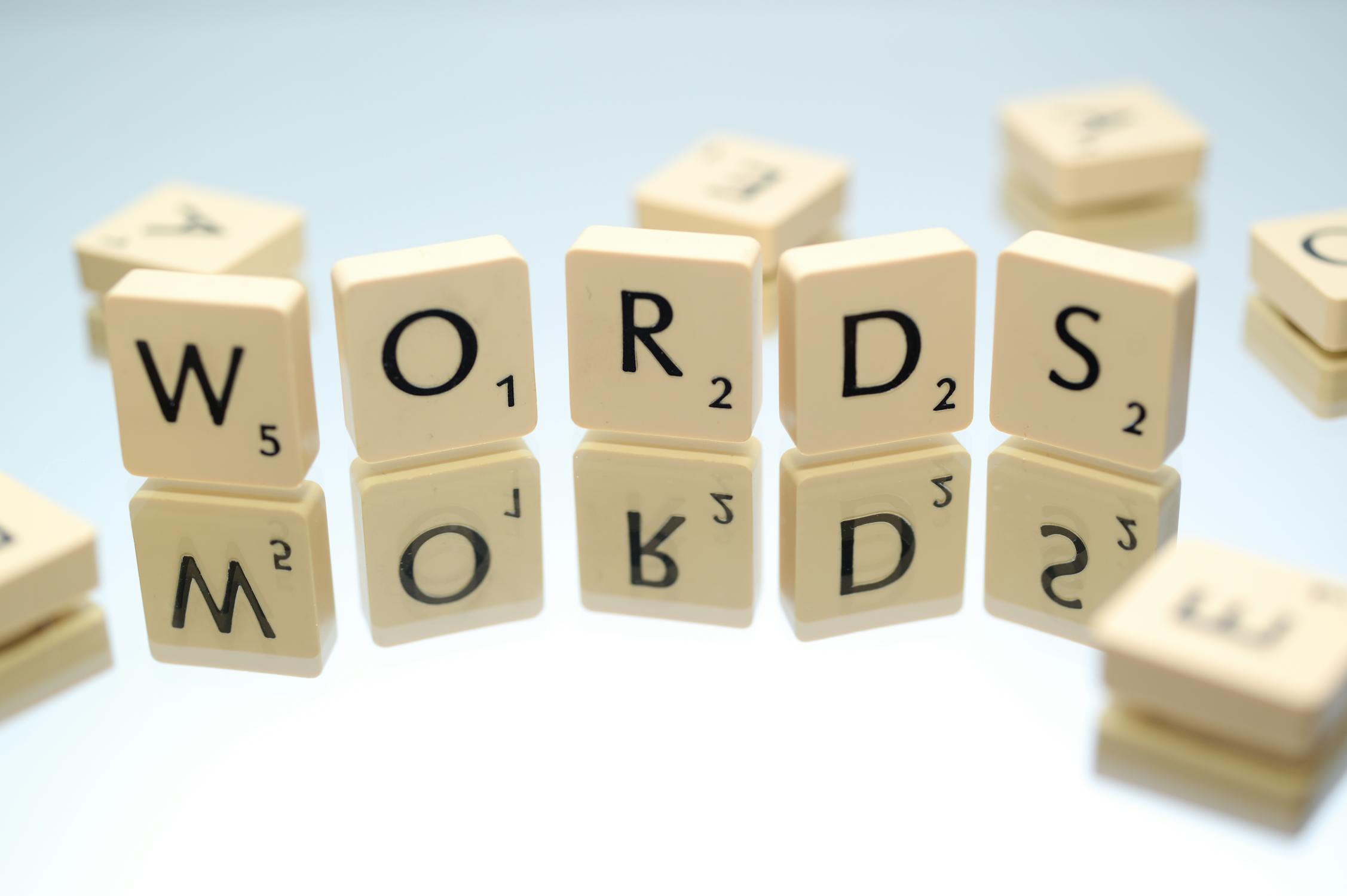You need to learn a lot of a new words, but it's hard to remember all them. Learn how to memorize new words easily and quickly apply them in practice!
When learning a foreign language it is very important to constantly update your lexical stock - to memorize new words in English. However, not everyone can do it with success. We offer you seven tips to help you memorize new words in English more efficiently.
Compose associations
Our brain perceives what we read and transforms into images, ideas and feelings, and then shapes the links between new information and what we already know. This is how memorization takes place - the new unites with the old.
Imagine a tree. Is it really easier to see a large spreading tree with many branches and leaves than a small tree with several branches? The same is true for the brain. When you connect a new word or concept with what you already know, it is easier for the brain to find it and remember it at the right time.
How to do it? Very simple. Draw a network of concepts. Take what you want to remember (word, idea, sentence), and write it in the center of the sheet. Then draw from it lines in all directions, like a web.
At the end of each line, write down any words in English or even draw pictures that come to your mind when you think of a word written in the middle. No matter what the associations are, just write down everything that you come up with.
It only takes a couple of minutes, and now all the words or concepts will be interconnected in your brain. If you see or hear one of them, it will be easier for you to remember the rest.
The more often you do it, the more connections are formed. And the more connections, the easier it is for your brain to "see" the word you want to remember.
Memorize phrases
Remember the word is important, but English, like any other language, is not just a set of concepts, it is an instrument that people use to communicate and express their thoughts. Find examples of how a word is used in the text.
Record not only the word itself, but also the neighboring ones. For example, if you need to memorize the English word "arrogant", you can write: "the tall, arrogant man".
This will help you to remember that the "arrogant" is an adjective that serves to describe people. Then try to make three complete sentences to practice in its use.
Write a story
English students often complain that there are too many new words and they are hard to remember. There is one technique that you can use to quickly learn words. Write any, even a ridiculous story, in which all the words in English are involved. Imagine it in detail. Try to write a short essay with the new words. You can click for more info and learn how to write an essay in the best way.
We easily remember stories, especially strange ones, if we can recreate them in our imagination. Do not hesitate to combine words in funny and absurd ways. Let's say you need to remember the following 20 English words:
shoes, piano, tree, pencil, bird, bus, books, driver, dog, pizza, flower, door, TV set, spoons, chair, jump, dance, throw, computer, stone
Try it. You will be surprised!
Use pictures
Draw small pictures to remember the meaning of the word. Do not know how to draw? It's even better. Our brain receives so much monotonous information that a strange picture is a kind of surprise, and surprises we always remember.
Our brain better reads visual information. Draw a funny picture illustrating the meaning of the word, and you will remember it much faster.
Remember the opposites
Remember pairs of words with opposite meanings (antonyms) and words with similar meanings (synonyms). For example, remember the angry / happy and angry / cross pairs at the same time. We quickly remember similar and opposite things, because the brain creates links between them.
Disassemble the word by composition
Use roots, prefixes and suffixes to guess what the word means.
For example: even if you do not know the word "microbiology", you can guess what it means. First, look at the prefix "micro". "Micro" means something very small. Perhaps you know that the "-logy" part means science, the study of something.
So, we can already say that we are talking about studying something small. Also, you may remember that "bio" means life, living beings. Thus, we can come to the conclusion that "microbiology" is the science of microscopic living organisms.
If you compile a list of frequently used prefixes (un-, dis-, con-, micro-, etc.) and suffixes (-able, -ly, -ent, -tion, -ive, etc.) and remember , what they mean, you can guess the meaning of new words for you in English.
The main thing is time
Psychologists who study the processes of memorization, argue that there is a good way to remember things quickly and for a long time. Use the new word as soon as you know it. Then use it after 10 minutes. Then in an hour. Then the next day. Then a week later.
After that, you hardly have to make an effort to remember it - a new vocabulary will remain with you forever.




